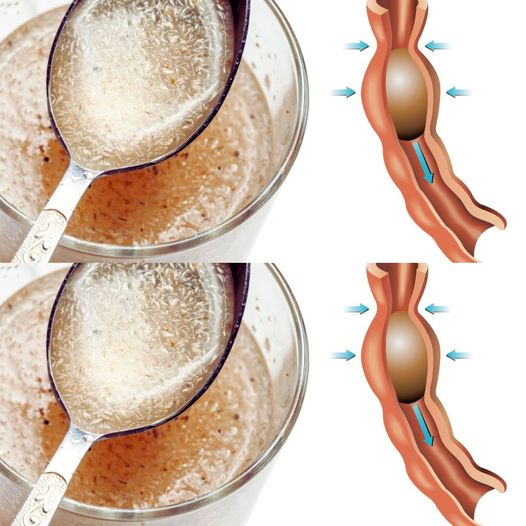Fiber’s Amazing Impact on Blood Sugar Regulation
Fiber’s Function in Blood Sugar Regulation
A balanced diet must include fiber, particularly for blood sugar regulation. Specifically, soluble fiber delays the bloodstream’s absorption of sugar by forming a gel-like material in the digestive tract. This procedure promotes improved glycemic management by reducing the likelihood of sharp increases in blood glucose levels following meals. For people with diabetes or those who want to lower their risk of getting it, regularly including meals high in fiber can be a very effective strategy.
Fiber’s Advantages for Insulin Sensitivity and Blood Sugar
- There are major advantages to increasing daily fiber consumption for both short-term and long-term blood sugar control. Depending on the meal, soluble fiber can lower blood sugar rises after meals by as much as 65%. Hemoglobin A1c levels, a crucial indicator of long-term blood sugar control, have been demonstrated to decrease over time when 11–13 grams of extra fiber per day are consumed. A high-fiber diet also improves insulin sensitivity, which facilitates the body’s efficient regulation of blood glucose levels.
Beyond Blood Sugar: The Wider Health Advantages of Fiber
- The benefits of a high-fiber diet extend beyond controlling blood sugar levels. It is associated with a decreased chance of acquiring some types of cancer and promotes cardiovascular health by lowering the risk of heart disease. Studies have shown that a high fiber diet reduces the risk of dying from any cause by 45%, which is also linked to longer lifespans. Include foods high in fiber in your meals to boost your general health and wellbeing.
Simple Strategies to Increase Your Diet’s Fiber Content
- It’s easy and tasty to include fiber in your diet. Eat oatmeal with nuts and fresh fruit to start the day. Lunch should consist of salads full of leafy greens, legumes, and seeds. Snack on whole fruits or berry-topped yogurt. For dinner, provide foods high in fiber, including sweet potatoes, brown rice, or quinoa. These minor changes can have a big impact on your health journey, particularly when it comes to properly controlling blood sugar.

